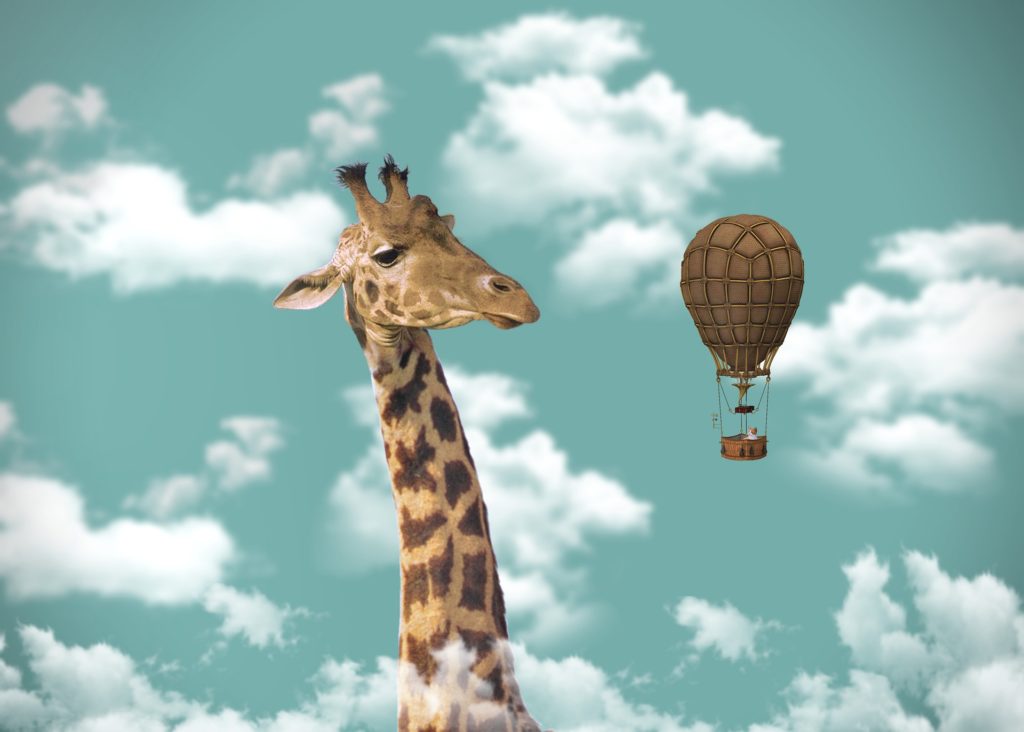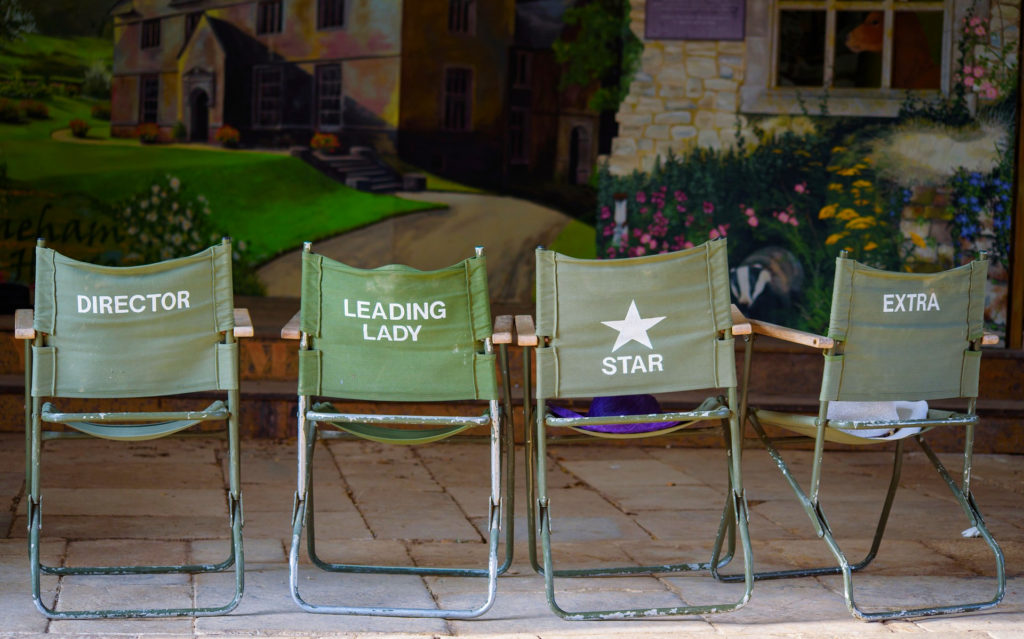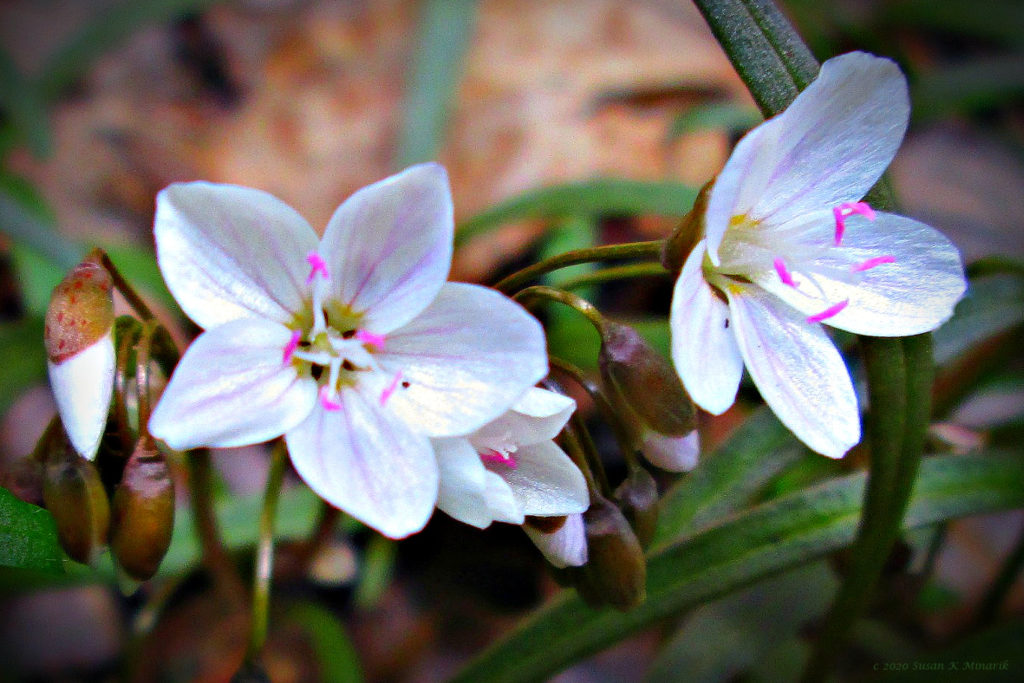
Here you go. A list of little joy crumbs to munch on when you need a change of perspective.
- Stand in a patch of sunshine and think about how far away the sun is.
- Look at the stars and think about how our sun is one of them.
- Wonder if someone somewhere is looking at our sun right now and thinking that it’s such a distant star.
- Feel the air brushing your face and think about how it’s always in constant motion.
- Look at a cat or a bird or a fish or a dog, and think how amazing they are.
- Think about elephants and koala bears and all the wondrous animals that share our world.
- Look at trees and realize they are alive, breathing and growing, just like you.
- Watch your fingers move and think about all that makes them work.
- Wonder about where all the seeds came from.
- Think about how little you are compared to some things, how gigantic compared to others.
- Think about how much you have learned since you were five years old.
- Listen to some music and be amazed at its power to affect you.
- Think about how deep the ocean might be.
- Think about how we’re all so much like each other and how, even so, every one of us is absolutely unique.
- Look at clouds and realize they are floating, right up there in the sky.
- When you eat, think about where whatever you’re eating came from and what it took to get it to you.
- Think how your heart keeps beating and your lungs keep pumping air.
- Wiggle your toes and laugh at them.
- Think about all the inventions mankind has made.
- Think about mountains.
- Think about all the stories we have passed on for generations.
- Think about the magic of fire.
- Think about sunrise.
- Imagine the fragrance of freshly mown grass.
- Think how amazing it is that you are alive.
- Think about what it’s like to touch someone.
- Wonder where your hair comes from.
- Feel your face smile.
- Think about how you learned to read.
- Imagine the sound of a ringing bell.
- Imagine your imagination has no limits at all.
- Think about all the feelings you can feel.
- Think about your favorite place.
- Think about a favorite person’s laugh.
- Think about a field full of flowers.
- Imagine playing your favorite game.
- Imagine the texture of silk.
- Think about all the sounds animals can make.
- Imagine feeling inspired.
- Imagine feeling grateful, right this very minute.
Now carry on!
Warmly,
Susan
Image by Syaibatul Hamdi from Pixabay








